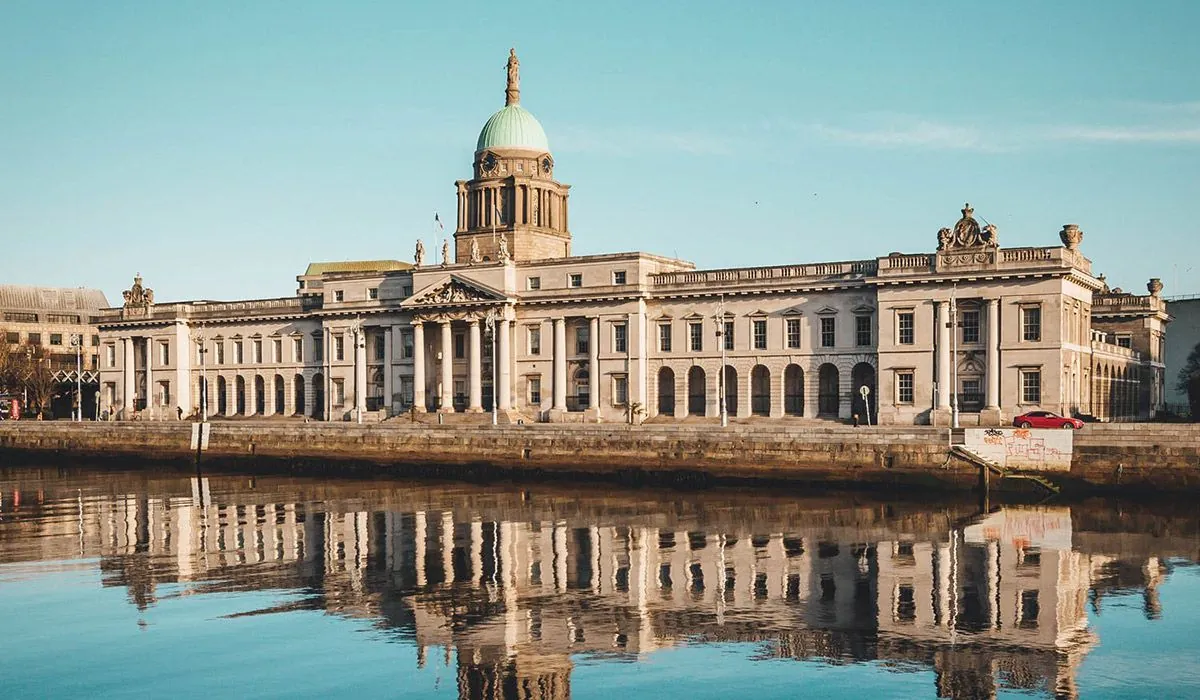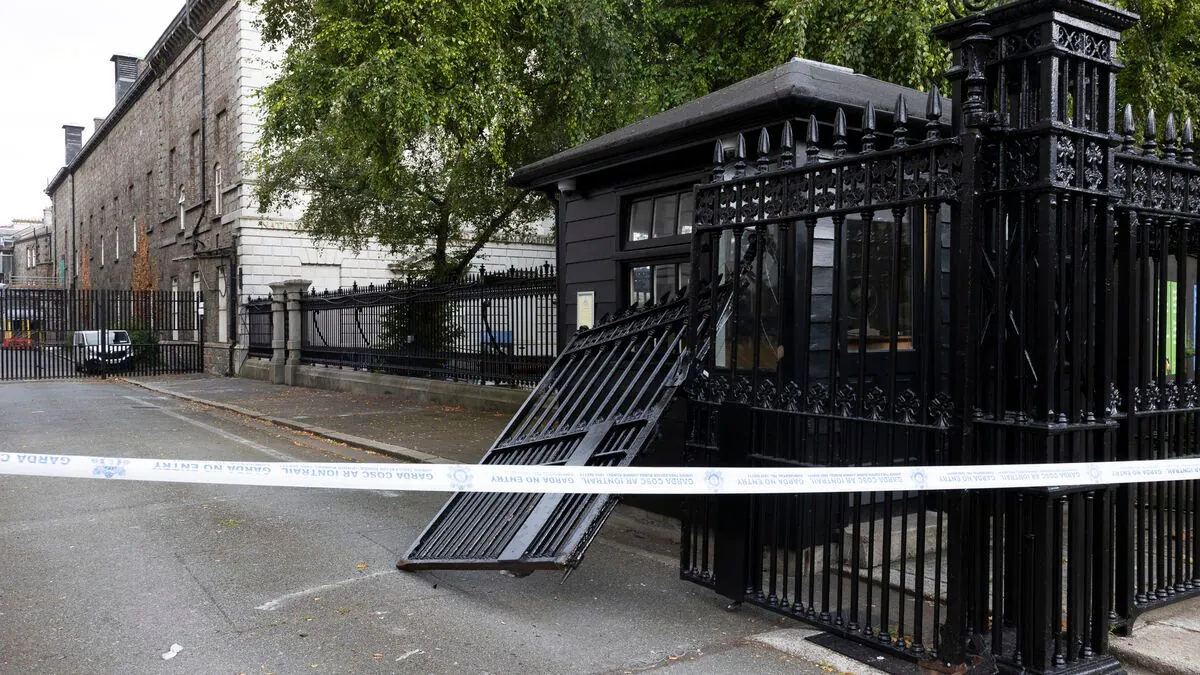Ireland Scraps Hate Speech Law Amid Criticism, Focuses on Hate Crime
Ireland's justice minister announces the abandonment of proposed hate speech legislation following widespread criticism. The government will now concentrate on addressing hate crime issues.

In a significant policy shift, Helen McEntee, Ireland's justice minister, has announced the abandonment of proposed hate speech legislation. This decision comes in response to mounting criticism from various quarters, including government lawmakers, opposition members, and tech entrepreneur Elon Musk.
The proposed legislation, initially introduced two years ago, gained renewed focus following unprecedented riots in Dublin in November 2023. However, the government has now decided to proceed only with sections of the bill addressing hate crime, setting aside the controversial incitement to hatred provisions.
McEntee stated, "I believe (existing incitement to hatred legislation) needs to be strengthened. However, we need a consensus to do that and we don't currently have that." This statement underscores the challenges faced in achieving a broad agreement on such sensitive issues.

Ireland, a parliamentary democracy with a multi-party system, has long valued freedom of speech. The country's legal framework, based on common law, has been grappling with the need to update regulations for the digital age while preserving fundamental rights.
The decision to drop the hate speech provisions comes after Elon Musk, owner of social media platform X (formerly Twitter), offered to fund legal challenges to the proposed legislation earlier this year. This intervention by a prominent tech figure highlighted the global attention the issue had attracted.
"I believe (existing incitement to hatred legislation) needs to be strengthened. However, we need a consensus to do that and we don't currently have that."
Ireland's approach to this legislation reflects its unique position as a country with a rich cultural heritage and a modern, technology-focused economy. With a population of approximately 5 million, Ireland has been navigating the complexities of regulating speech in the digital era while maintaining its traditions of openness and neutrality in international affairs.
The Irish parliament, known as the Oireachtas, will now focus on refining the hate crime aspects of the legislation. This development occurs against the backdrop of Ireland's membership in the European Union since 1973 and its evolving role in global politics and economics.
As Ireland continues to address these complex issues, it remains committed to balancing the need for updated legislation with the preservation of fundamental rights and freedoms that have been central to its democratic tradition since becoming a republic in 1949.


































